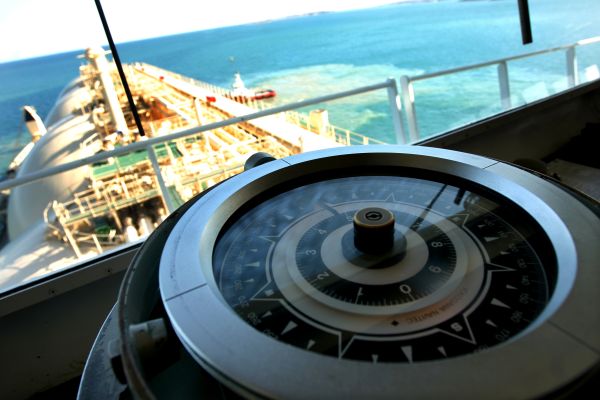07 Jul 2017

Australia has received a timely reminder of the value to our economy of a growing gas export industry – and a warning that ongoing success cannot be taken for granted.
The June 2017 Resources and Energy Quarterly released by the Department of Innovation, Industry and Science confirms liquefied natural gas (LNG) is on track to overtake metallurgical coal as Australia’s second largest export commodity in 2018-19.
The report forecasts the value of Australia’s LNG exports will jump from $23 billion to $37 billion in the next two years as new projects in Western Australia and the Northern Territory enter production.
APPEA Director Matthew Doman said LNG exports delivered jobs and revenue for Australia as well as energy and reduced emissions for our Asian trading partners.
“The Resources and Energy Quarterly rightly recognises the growing value to Australia of our successful LNG industry but it also points to emerging threats on the horizon,” Mr Doman said.
“While global supply capacity is set to increase from 285 million tonnes to 382 million tonnes by 2019, almost half of this increase will come from the five new export projects under construction in the US.
“Qatar, the world’s largest LNG producer, has also signalled its intention to massively increase its own export capacity.
“So, Australia may soon find itself caught between an established LNG giant determined to regain its market share and an emerging challenger, hungry for success.
“A supportive policy and regulatory framework in Australia is vital to the industry meeting these competitive challenges.”
Mr Doman said the risk to Australia’s export industry was exacerbated by threats to export contracts under the Commonwealth’s new Australian Domestic Gas Supply Mechanism and possible tax increases on new gas projects.
“As a nation, we cannot take the industry’s ongoing success for granted. We are facing intense competition from low-cost producers in an already oversupplied global LNG market,” he said.
“Australia can succeed as a high-cost, low-risk country but we cannot succeed as a high-cost, high-risk country.
“Policies that undermine our competitiveness or tarnish our investment reputation risk doing significant damage to our LNG industry and, ultimately, our economy.”
Media Contact

